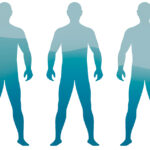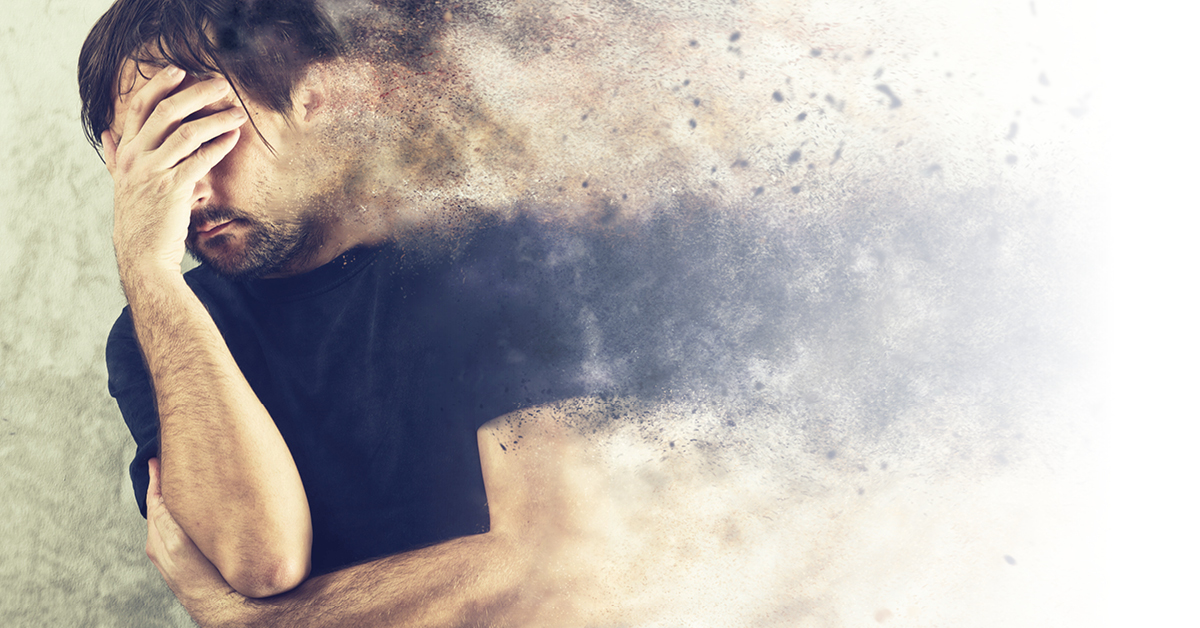
Prioritizing Sleep: Unlocking Men’s Health and Vitality
June 2024
Men’s Hormones Deserve Attention Too
June 2024by Kristy Como Armand
Half as many men report being depressed as women (about 1 in 16 men versus 1 in 8 women), according to the National Alliance of Mental Illness. But that discrepancy may be because many men see the condition as a sign of emotional weakness, which makes them less likely to tell anyone, seek help, or be diagnosed and treated.
Depression is a pervasive mental health issue that affects individuals across all demographics. However, according to licensed therapist Keri Forbess-McCorquodale, MS, CEAP, LPC-S, LMFT, president of Solutions Counseling and EAP, when it comes to men, the symptoms often manifest differently and are less frequently recognized or treated.
“Male depression goes unrecognized because, unlike the female version, it often doesn’t come with the expected symptoms, at least in the early stages, when it’s easiest to intervene,” she explains. “Unlike women, most men don’t come in talking about feeling sad or depressed. If they come in at all at this stage, they complain about problems at work or their performance on the job.
And instead of being weepy, Forbess-McCorquodale says men are more likely to be irritable, angry or aggressive — moods that aren’t included in the classic diagnostic tests. “Their sadness and helplessness are often hidden behind a mask of anger, and unfortunately, neither doctors nor men themselves recognize that as a red flag in most cases.”
She adds that traditional masculine norms discourage men from showing vulnerability. “They may feel compelled to hide their struggles behind a facade of strength, withdrawing from family and friends, becoming obsessed with work or hobbies, and most significantly, turning to drinking or drugs to deal with their pain.”
The perceived stigma can become a significant barrier, preventing many men from accessing the care they need.
Forbess-McCorquodale offers advice to help men manage depression more effectively:
Seek professional help. Therapy is crucial and provides a structured way to address negative thought patterns and develop healthier coping mechanisms. Medication can also be beneficial in managing symptoms.
Build a support network. Isolation can worsen depression. Men should try to connect with friends, family, or support groups. Sharing their experiences with others who understand can provide immense relief.
Healthy lifestyle choices: Regular exercise, a balanced diet, and sufficient sleep are fundamental for both preventing and managing depression. Physical activity has a profound impact on mental health by releasing endorphins and improving mood. Practices like mindfulness, meditation, and yoga can help men manage stress and maintain emotional balance.
Engage in hobbies: Finding joy in hobbies and interests can provide a sense of purpose and accomplishment. It’s important for men to engage in activities that make them feel fulfilled.
“Depression is a serious condition, but it is treatable,” says Forbess-McCorquodale. “The first step is recognizing the signs and understanding that seeking help is not a sign of weakness, but of strength.”
For more information about Solutions’ services, visit www.solutions-eap.org.






